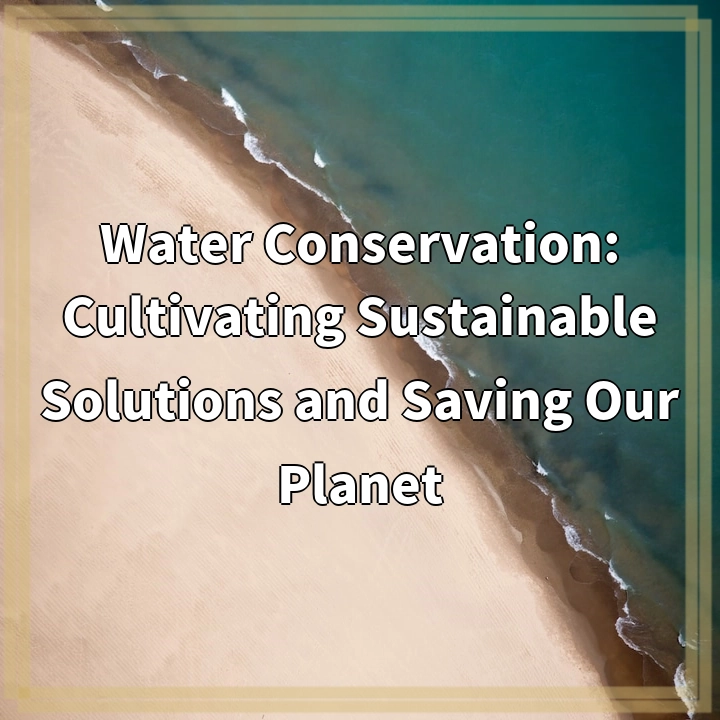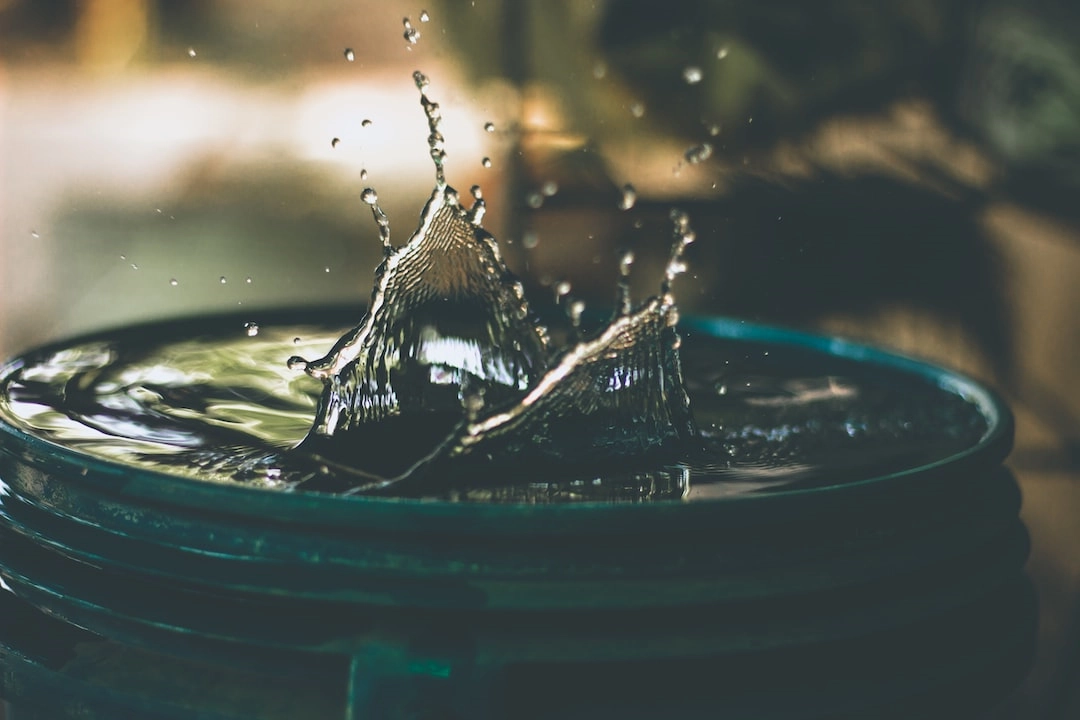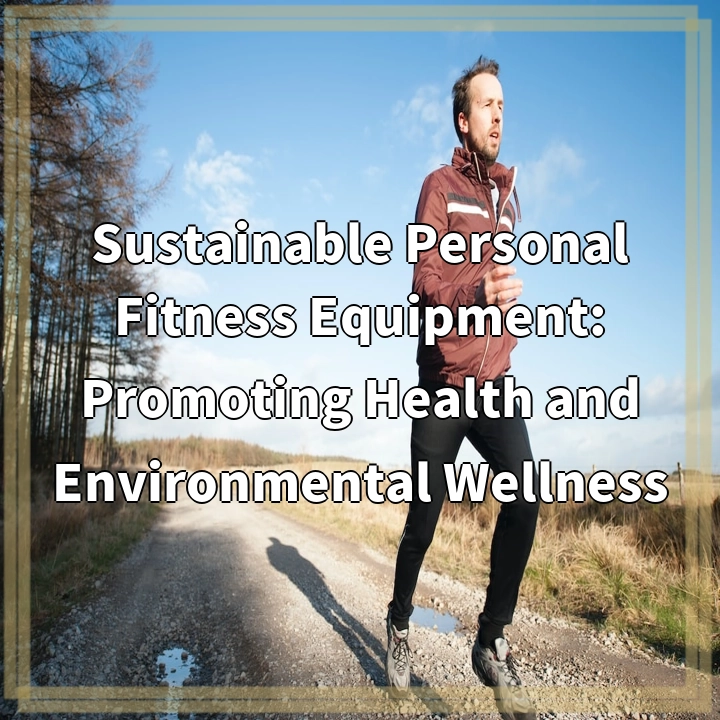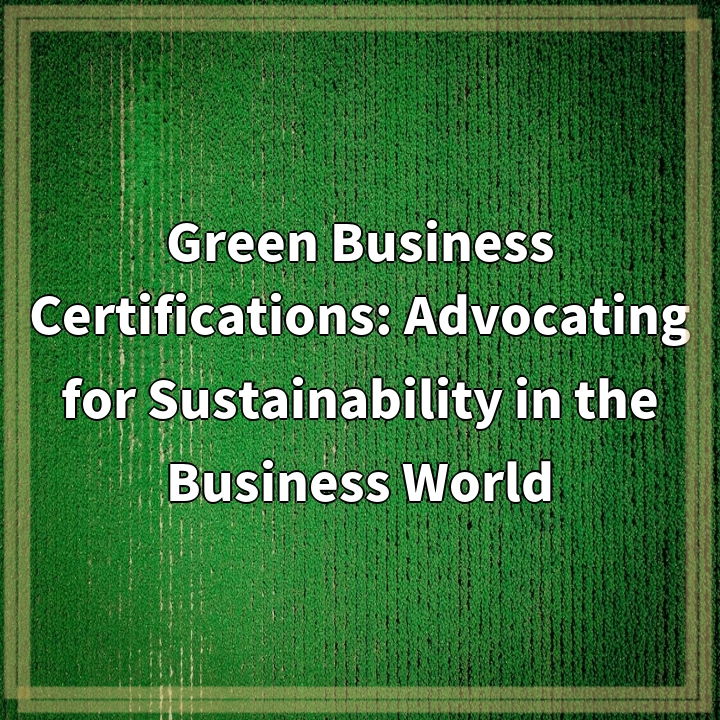
What is Water Conservation?
Water conservation refers to the careful and sustainable management of water resources to ensure their availability for present and future generations. It involves minimizing water waste, optimizing water use, and implementing strategies to preserve and protect water sources.
Real-world Problems Associated with Water Conservation
Water scarcity: With a growing global population and increasing water demands from various sectors such as agriculture, industry, and households, the availability of fresh water is becoming limited in many regions. This scarcity poses significant challenges for communities and ecosystems.
Droughts: Droughts are prolonged periods of water deficiency, often caused by irregular rainfall patterns and climate change. Droughts can have severe consequences, including reduced crop yields, water shortages for human and livestock consumption, and harm to natural habitats.
Water pollution: Pollution from industrial, agricultural, and domestic activities contaminates water bodies, making them unfit for use. Polluted water not only poses risks to human health but also affects aquatic ecosystems and biodiversity.
Wasteful water practices: Many individuals and communities are not aware of the importance of water conservation or lack the necessary infrastructure to optimize water usage. Wasteful practices such as excessive watering, inefficient irrigation techniques, and leakage in water distribution systems contribute to water scarcity and reinforce the need for conservation efforts.
Ecological imbalances: Water scarcity and pollution disrupt natural ecosystems. Insufficient water levels in freshwater habitats can harm wildlife populations and lead to habitat loss. Additionally, the degradation of water quality affects the health of aquatic species, leading to imbalances in the ecosystem.
Conflicts over water resources: Water scarcity often intensifies competition for limited water resources between different sectors, such as agriculture, industry, and households. This can lead to conflicts and tensions between communities, regions, and even countries.
Climate change impacts: Climate change exacerbates water scarcity issues through its influence on rainfall patterns, melting glaciers, and freshwater availability. Rising global temperatures and altered precipitation patterns further challenge water conservation efforts.
It is important to address these real-world problems associated with water conservation through effective policies, community participation, and sustainable water management practices. By implementing measures to conserve and protect water resources, we can work towards a more sustainable and resilient future.

Solutions for Water Conservation
The real-world problems associated with water conservation require proactive and sustainable solutions. Here are some strategies that can help address these challenges:
1. Efficient Water Use
Implementing efficient water use practices can significantly reduce water wastage. This includes installing water-saving devices and fixtures, such as low-flow toilets and showerheads, as well as promoting responsible water use behaviors in households, industries, and agricultural practices.
2. Water Recycling and Reuse
Promoting water recycling and reuse can help alleviate water scarcity by treating and using wastewater for non-potable purposes, such as irrigation, industrial processes, and toilet flushing. It reduces the strain on freshwater resources and prevents pollution by minimizing the release of untreated wastewater into water bodies.
3. Rainwater Harvesting
Collecting and utilizing rainwater through the installation of rainwater harvesting systems can supplement traditional water sources. It provides an alternative source of water for non-potable uses like gardening, washing vehicles, and flushing toilets, reducing reliance on freshwater supplies.
4. Sustainable Agriculture
Promoting sustainable agricultural practices, such as precision irrigation systems, crop rotation, and soil conservation techniques, can reduce water usage in agriculture. Efficient irrigation methods can minimize water wastage and improve crop water productivity, ensuring sustainable food production while preserving water resources.
5. Education and Awareness
Raising awareness about the importance of water conservation through educational programs and campaigns can foster a culture of responsible water use. Educating individuals, communities, and businesses about the impacts of their actions on water resources can encourage behavior change and promote sustainable water practices.
6. Policies and Regulations
Implementing and enforcing water management policies and regulations at local, regional, and national levels is crucial for effective water conservation. These policies can include water efficiency standards for industries, incentives for water-saving practices, and measures to prevent water pollution.
7. Collaboration and Partnerships
Collaborating with various stakeholders, including government agencies, community organizations, non-profit organizations, and private sectors, is essential for implementing holistic water conservation strategies. Partnerships can strengthen efforts, share resources, and leverage diverse expertise to address water challenges effectively.
By implementing these solutions and adopting a comprehensive approach to water conservation, we can mitigate water scarcity, protect ecosystems, and ensure the availability of clean and sustainable water resources for future generations.















